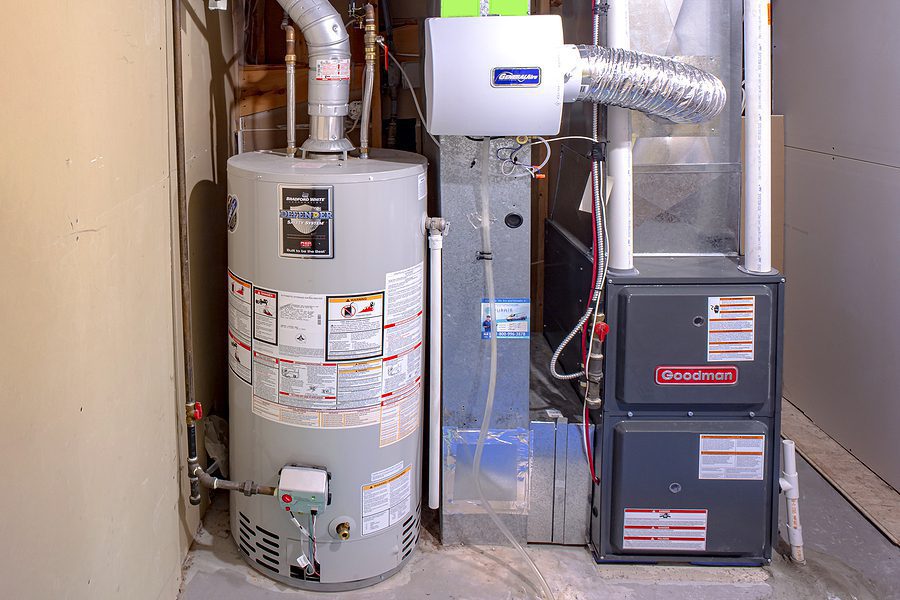
As winter approaches, homeowners start relying on their furnaces to keep their homes warm and comfortable. If you turn on your furnace and notice a burning smell, it’s essential not to ignore it. While some burning odors can be harmless, others can signal serious issues that could compromise your safety or damage your heating system. Here’s why you should pay close attention to any unusual smells from your furnace this winter.
- Dust Buildup in the Furnace
When you first turn on your furnace after a long period of disuse, it’s common to notice a burning smell due to dust buildup. Dust accumulates on the heat exchanger, burners, and other parts of the furnace during the warmer months. When the furnace heats up, it burns off this dust, causing a temporary odor. Generally, this smell should dissipate within an hour. However, if the smell lingers, it’s wise to have a professional check it out to ensure there’s no excessive dust or other underlying issues.
- Clogged Air Filters
A burning smell can also result from clogged or dirty air filters. When filters become clogged, airflow is restricted, causing the furnace to overheat. This can lead to a burning smell as the furnace struggles to push air through the filter. Over time, overheated components can lead to more significant damage, so it’s essential to replace filters regularly, ideally every 1-3 months during the heating season, to prevent this issue.
- Electrical Problems
An electrical burning smell from your furnace should never be ignored. Electrical components like wiring, motors, or circuit boards can malfunction, leading to overheating and, in some cases, sparking or melting insulation. Electrical issues can quickly become a fire hazard, so if you detect a smell similar to burning plastic or wires, turn off the furnace immediately and contact an HVAC technician. Timely attention can prevent potential fires and protect your furnace from serious damage.
- Burning Rubber Odor
Sometimes, a burning smell can indicate that a mechanical component, such as a blower motor or fan belt, is overheating or failing. A worn-out blower motor or a fraying fan belt can emit a smell of burning rubber. Ignoring this issue can lead to a breakdown, resulting in costly repairs and an uncomfortable, cold home. Replacing worn-out parts early can prevent further damage and ensure the longevity of your furnace.
- Potential Gas Leak
If your furnace is gas-powered and you notice a strong burning smell, especially if it’s accompanied by a rotten egg odor, this could indicate a gas leak. Gas leaks are hazardous and can lead to fires or explosions if not addressed immediately. If you suspect a gas leak, evacuate your home immediately, avoid using any electrical appliances or open flames, and call your gas company and emergency services. Even if the smell is faint, it’s better to be safe than sorry.
- Overheating Furnace
An overheating furnace can produce a burning smell that might indicate serious issues like blocked vents, dirty burners, or a failing heat exchanger. When a furnace overheats, it not only decreases efficiency but also increases the risk of carbon monoxide leakage. Carbon monoxide is a colorless, odorless gas that can cause serious health issues or even be fatal. If you suspect your furnace is overheating, shut it down and contact a professional immediately.
Taking Action Is Essential
While some furnace odors are harmless and temporary, others can indicate dangerous conditions that should not be ignored. Turning off the furnace and calling a professional HVAC technician can help ensure your home remains safe and warm this winter. Regular maintenance, such as cleaning and inspecting components, can also prevent many common issues associated with burning smells, ensuring your furnace operates efficiently throughout the season.
Ignoring that burning smell might seem convenient, but taking it seriously can prevent costly repairs, reduce the risk of fires, and protect your health and safety. Prioritizing furnace maintenance is a small investment for the peace of mind it provides during the cold winter months.

